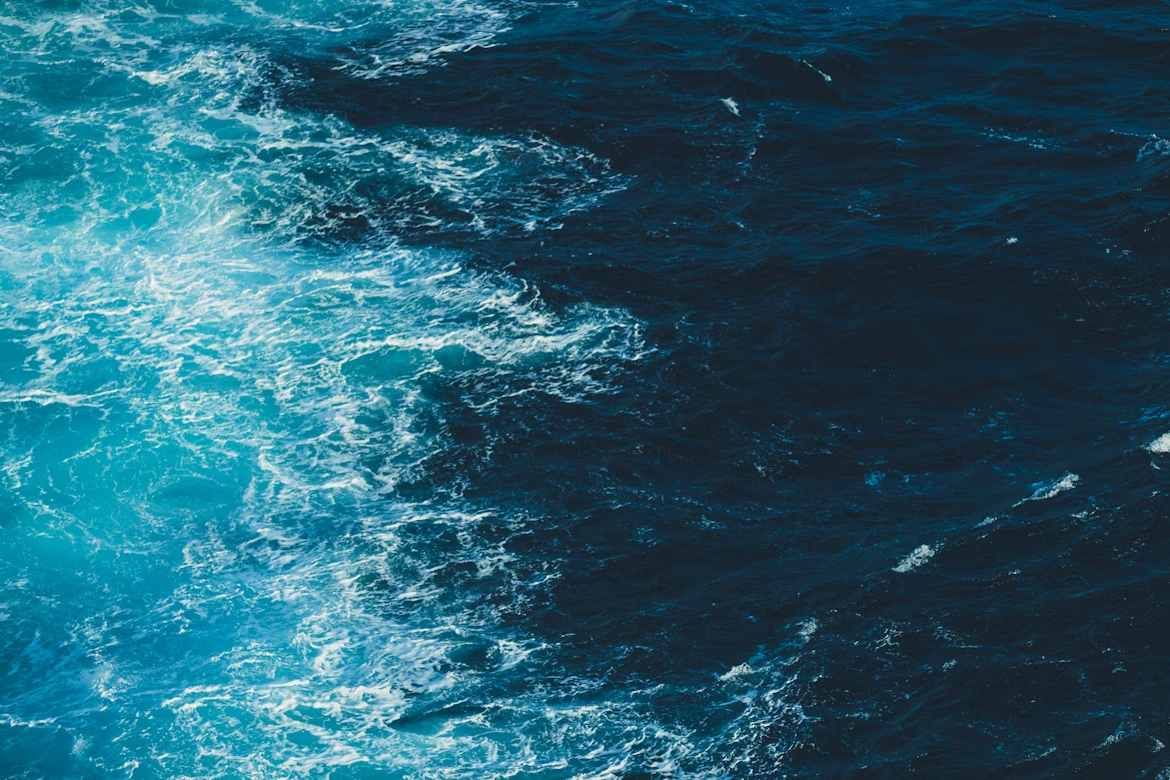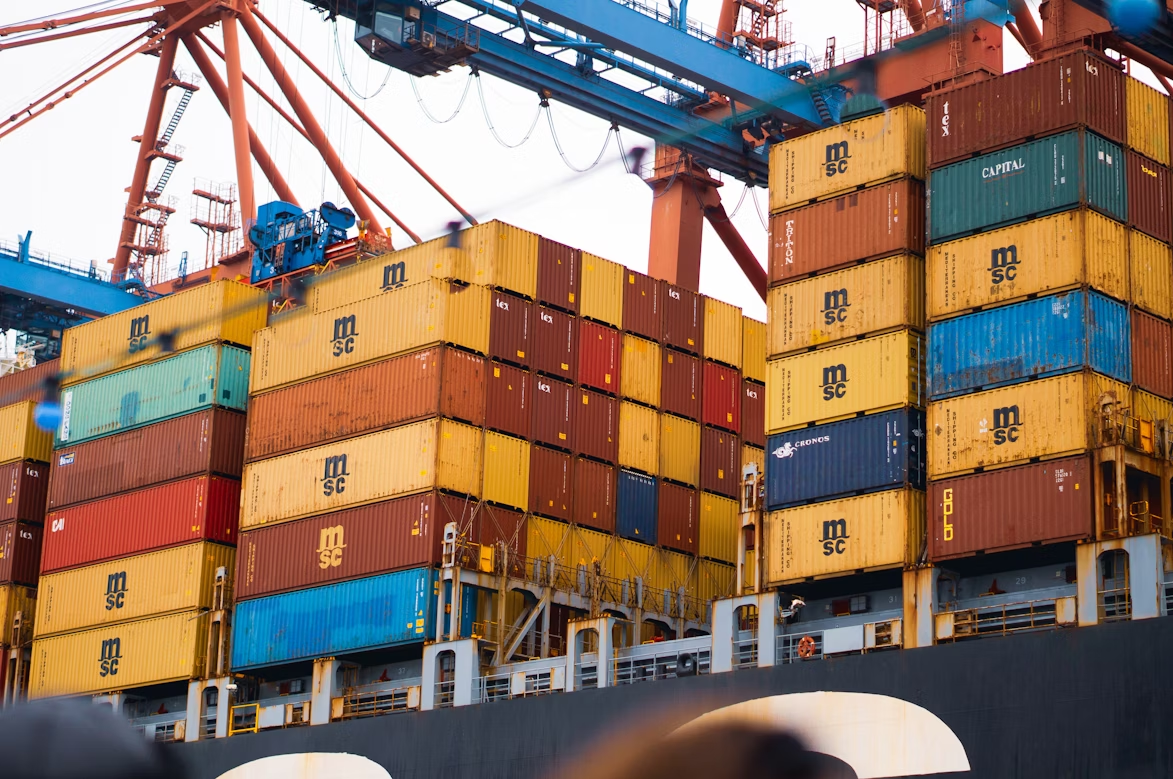Following repeated attacks by the Houthi Movement, a number of energy and freight companies have decided to divert their ships around the Cape of Good Hope instead of their usual route via the Red Sea and Suez Canal. For example, British Petroleum, CMA-CGM, Maersk and OOCL have paused all shipments of oil through the Red Sea.
In the last few weeks, the Houthi rebels located in the Northern Region of the Republic of Yemen, have been targeting oil tankers, container ships and LNG vessels with rockets. They even managed to seize a cargo ship, causing significant instability in the Red Sea, a key maritime route for global trade. It is a conduit for 10-15% of all global trade, 8% of global grain trade and 12% of global seaborne oil trade.
In response to the Houthis’ attacks, the United States of America and a number of its allies and partners have created an international taskforce for maritime security. This taskforce currently includes the United Kingdom, Bahrain, Canada, France, Italy, Netherlands, Norway, Seychelles and Spain.
The US National Security Council Coordinator for Strategic Communications, John Kirby, also stated that the US is officially conducting a review on potentially redesignating the Houthis as a Foreign Terrorist Organisation, almost three years after the US revoked such designation in 2021.
Such attacks raise complex issues of responsibility under international law and involve insurers, shipowners, State actors (naval forces) and persons physically present on these ships and rebels.
The naval forces engaged in the international taskforce will have to deal with a number of legal issues such as the concepts of self-defence and right of self-help under public international law. More specifically: what legal powers do naval forces have; can they visit and board endangered vessels; can they detain suspects and seize vessels (and the property they carry)?
As shipowners are more likely to hire private security guards to protect their ships, legal questions arise surrounding the extent to which such private security guards can use force and carry weapons. Can these private forces be prosecuted as a result of physical damage to the vessel, its property and harm to natural persons onboard these ships? Also, what legal recourse is available to shipowners whose goods and property have been damaged as a result of a Houthi attack or of an intervention by the international taskforce?
Moreover, if the Houthis are sanctioned by the US, UK and the EU, shipowners should be very careful before potentially deciding to pay a ransom to the Houthis. Any such payments could result in breaching sanction regulations.
Finally, the delay resulting from rerouting commercial ships may trigger contractual responsibility and has already led to an increase in insurance costs. Shipowners will have to take a closer look at their contracts. Amongst other things, they need to check if their contracts include a force majeure clause, and if so, whether the Houthi attacks fall within the scope of the definition of force majeure.
For more info and to discuss the legal implications of this ongoing armed conflict, please contact info@volterrafietta.com.



